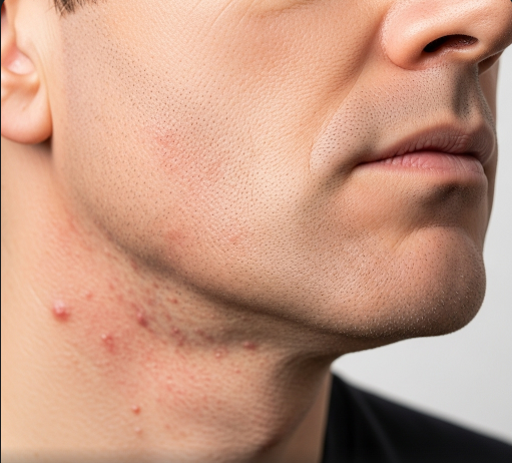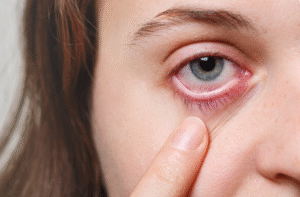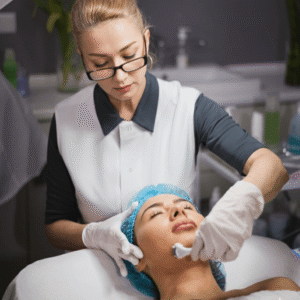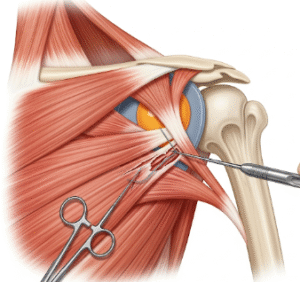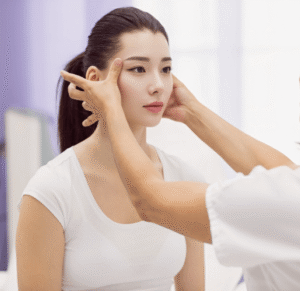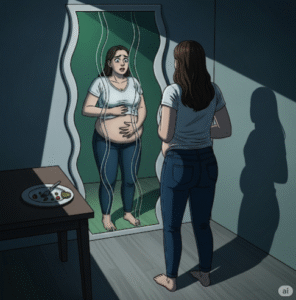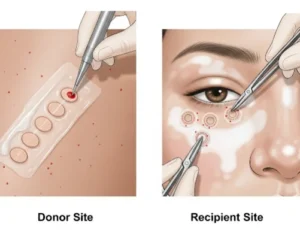Overview
Razor burn is a common skin irritation that occurs after shaving, characterized by redness, itching, and inflammation. Though not serious, it can cause discomfort and affect skin appearance. In Korea, dermatologists provide effective treatments and preventive advice to manage razor burn and maintain healthy skin.
What is Razor Burn?
Razor burn is an inflammatory reaction of the skin caused by mechanical irritation from shaving. It typically results from improper shaving techniques, dull blades, or sensitive skin. The condition usually appears immediately after shaving but can persist for several days.
Symptoms
- Redness and rash-like appearance
- Itching or burning sensation
- Small bumps or pustules
- Dry, flaky skin
- Tenderness or mild swelling
Causes
- Shaving with dull or dirty blades
- Shaving too quickly or against the grain
- Lack of lubrication or shaving cream
- Sensitive or dry skin
- Using harsh aftershaves or products with irritants
Risk Factors
- Frequent shaving or close shaving
- Coarse or curly hair
- History of skin conditions like eczema or dermatitis
- Using improper shaving tools or products
Complications
- Folliculitis (infection of hair follicles)
- Ingrown hairs
- Hyperpigmentation or scarring with repeated irritation
- Discomfort affecting daily activities
Prevention
- Using sharp, clean razors
- Proper shaving techniques, including shaving with the grain
- Applying moisturizing shaving creams or gels
- Avoiding harsh skincare products immediately after shaving
- Using soothing aftershave balms
Treatment Options in Korea
Diagnosis
Diagnosis is usually clinical based on symptoms and shaving history, with dermatologist consultation if symptoms worsen or persist.
Medical Treatments
- Topical corticosteroids or anti-inflammatory creams
- Moisturizers and emollients to soothe skin
- Antibiotics for secondary bacterial infections
- Products containing aloe vera or chamomile for calming effects
Rehabilitation and Support
- Skincare education for proper shaving and skin care routines
- Follow-up for chronic or recurrent cases
- Psychological support if discomfort affects quality of life

